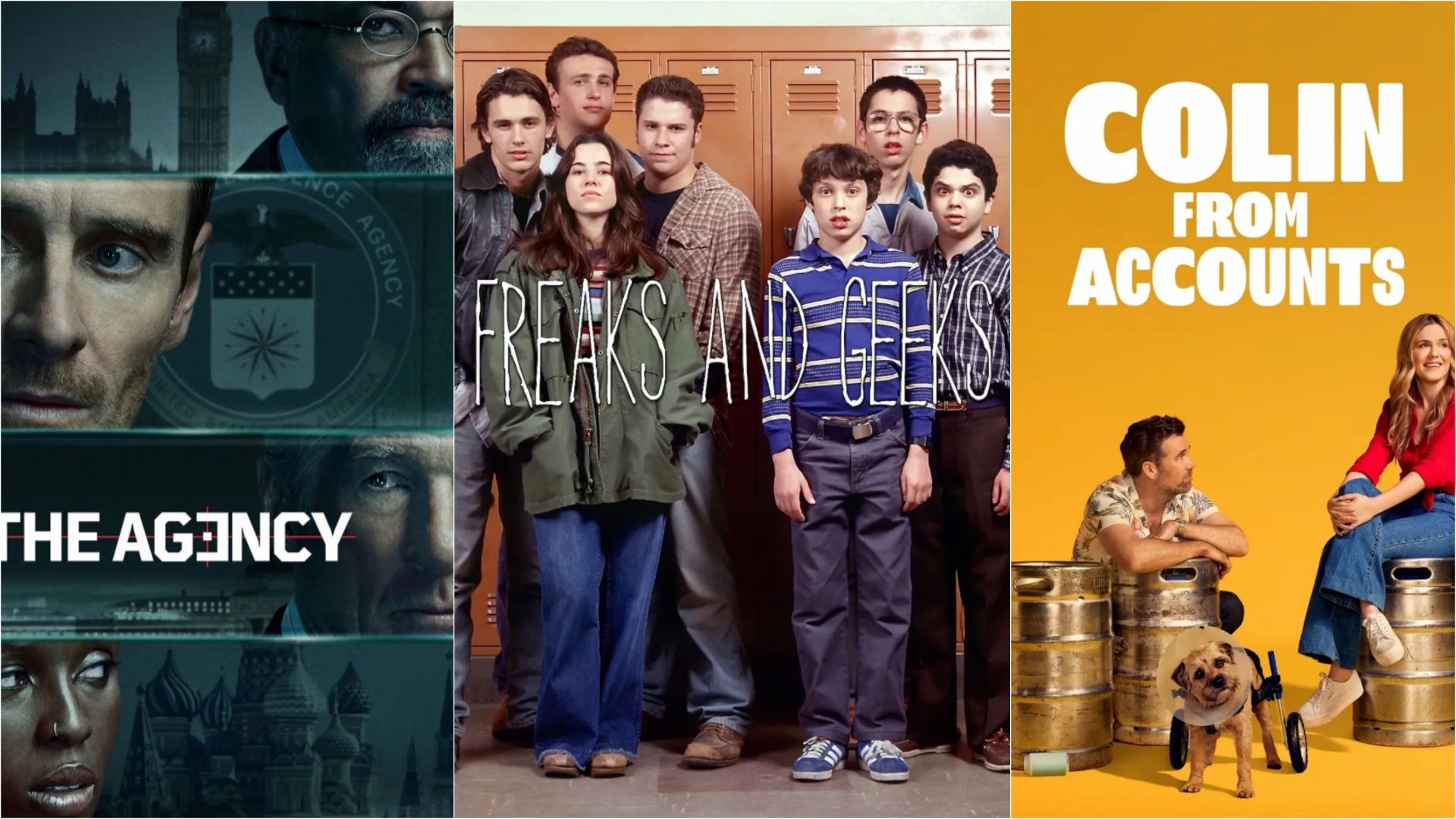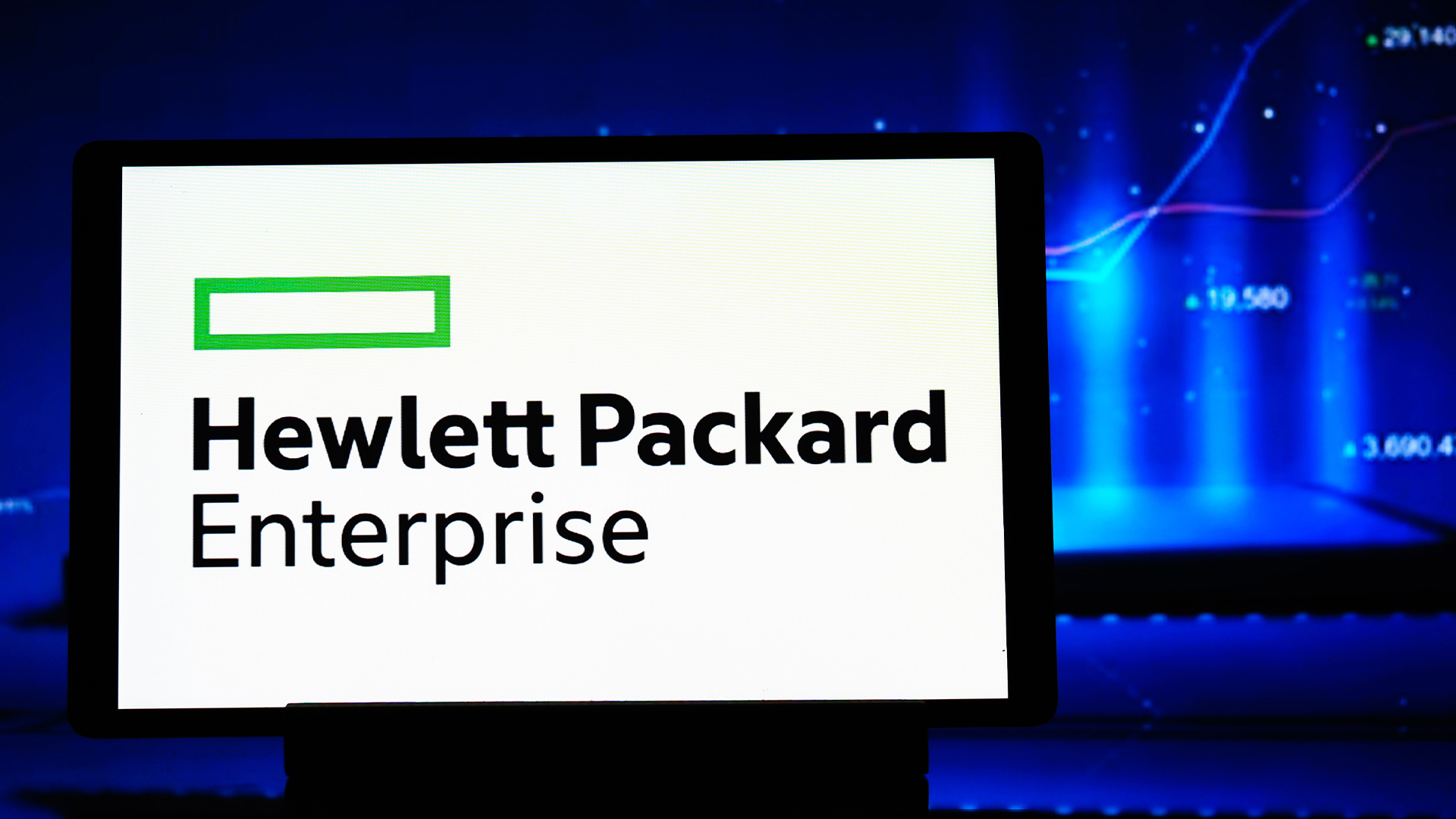What It Takes to Become the Pope

While the world mourns the passing of Pope Francis on April 21, the Catholic Church is preparing to choose a new leader. Cardinals are traveling to Vatican City from all over the world to take part in the papal conclave, an ancient ritual/election that ends with the selection of a new Pope. You might be wondering whether that new pope could be you. It almost definitely won’t be, but I suppose it’s possible. So If you’re interested in the job—or just curious about what the process involves—here are the nuts and bolts of how popes are chosen.
The leader of the Holy Roman Catholic Church is a prestigious position that offers excellent perks, including international travel, job security, frequent media appearances, and elaborate hats. You can name your own hours, hire your friends for any position you’d like, and supervise a small-but-wealthy city state. You’ll be the last absolute monarch in Europe. If you’re into job titles, how does “Successor of the Prince of the Apostles” grab you? That’s one of eight titles the next pope will inherit, all of which are more impressive on LinkedIn than “assistant district manager.”
If the papacy sounds like a career opportunity you’d like to explore, here’s what it takes to land the job.
How much money does the pope make?
Let’s start with the money. According to salary comparison site Comparably.com, the average Pope in the United States earns $45,931 per year, but this is inaccurate—the position of pope offers no salary. The idea is that you’re living as Christ lived, off the kindness of others. But over the last few thousand years, those “others” have been very generous: The Vatican City State and the Catholic Church are worth an estimated $30 billion, and it’s essentially at your disposal. As the monarch of a small nation, you can have anything you’d ever want or need just by asking for it, so despite the low pay, the job is sought after for the benefits alone.
How is the pope selected?
To choose a new leader, the Church doesn’t exactly post on indeed.com. Instead, 138 of the world’s 252 cardinals (all the cardinals who are under 80 years old) will gather in Rome to lock themselves inside the Sistine Chapel and hold a papal election. No doubt it gets dramatic. So dramatic, in fact, that they made a movie about it—2024’s Conclave, which fictionalizes the election of a new pope.
According to Conclave’s producers, the Vatican was open about providing the logistical details of the papal conclave, but wouldn’t speak about the content of one. Conclave participants take a vow of absolute secrecy about the discussions they have during the pope selection process, so you’ll have to imagine the politicking, alliances, and haggling that goes on within such a high-stakes meeting. The pope sets the agenda for the entire Catholic Church, and this next Pope will be chosen in the wake of Pope Francis’s focus on social justice, environmental issues, and inclusion. He was pretty progressives (for a pope), and whether the cardinals will choose someone to further Francis’ agenda or roll it back will surely be discussed. Or they’ll just all play FIFA; you don’t really know.
The actual election goes like this: Each cardinal writes the name of their choice on a piece of paper, and they proceed, one by one, to solemnly drop their vote in a chalice set before Michelangelo’s fresco of the Last Judgment. The votes are counted, and if no one receives a two-thirds majority, the votes are burned in a special furnace along with chemicals that produce black smoke. That way everyone outside the chapel knows that the cardinals are still jawing.
There are four rounds of voting per day, and the process goes on until some lucky fellow gets the nod. If there is no clear winner after 34 elections, the cardinals can choose any method of selection they want. They could draw straws to see who got the job if they wanted. Back in the 1270s, Pope Gregory X decreed that the longer the conclave lasted, the less food would be given to the cardinals, but that rule was later rescinded. Once the (fully fed) cardinals have agreed on a person, be it by a two-thirds vote or arm wrestling tournament, the ballots are burned with chemicals that produce white smoke so everyone outside knows a successor has been chosen. The new pope then chooses his pope name, is dressed in fancy clothes, and gets paraded out to the balcony of Saint Peter’s to be introduced. The senior cardinal deacon declares ,“Habemus Papam!,” which translates roughly to “This guy is the new boss!”
Who is eligible to become pope?
To become pope, you must be a member of the Roman Catholic Church, and you must be a man. That’s really it. You don’t need a degree from community college or any specific certification or training. You can come from any background and be from any part of the world. You don’t have to be a cardinal or even a priest. Pope Gregory X was elected pope in 1271 (after a conclave that lasted more than two years) and wasn’t ordained as a priest until the following year, so it has happened. All you have to do is get your name on 2/3 of those papers—but that’s the tricky part.
As you might expect from the upper echelon of a world religion, the job of pope tends to go to an insider. Since 1379, every pope has been selected from among the college of cardinals casting the votes. So if you haven’t spent your life moving up the ranks of the Catholic Church to get into the special pope-picking room, your chance of becoming pope is slim. But there is a chance.
How to influence cardinal electors
In the modern era, most new popes are chosen when the old pope dies, as is the case with Pope Francis; but the pope before that, Pope Benedict XVI, resigned due to a complicated internal church scandal. Wait—maybe it was for “health reasons.” Either way, there is generally a 15- to 20-day period between the end of the last pope’s reign and the beginning of the papal conclave. During this popeless period, the Church is administered by the “camerlengo,” or “chamberlain” cardinal whose duties include organizing the conclave and destroying the deceased pope’s ring. In this case, Cardinal Kevin Farrell will be running the transition. He’s the first American citizen to ever hold the post, and he spent most of his career at the Archdiocese of Washington, so ask any friends in DC if they know Farrell, and maybe he will give you a recommendation.
What do you think so far?
If you’re not friends with Catholic dignitaries, you could try to engineer a whisper campaign to be elected. During the conclave, the cardinals lodge in St. Martha’s House, a building next to the Sistine Chapel, so you know exactly where the voters will be spending their off time. You have a few weeks to get to Vatican City and befriend the staff at St. Martha’s House. Maybe you could convince them to talk about you in a way the cardinals would overhear. The average salary in Vatican City is low, around $36,574 a year, so greasing some palms probably wouldn’t hurt. Perhaps two valets could say, “You know who would make a great pope? Steve Johnson! He’s this writer from Los Angeles. Really good guy,” while Cardinal Giovanni Battista Re is walking to the Holy Roman Cafeteria.
Another potential avenue is engineering a spiritual vision. Using high-tech spy gear—holograms, hidden speakers, mind-control rays—a potential dark-horse pope candidate could engineer a shared a spiritual manifestation for all the cardinals. These are, ostensibly, religious men, so they would presumably take it seriously if they were visited by a chorus of angels singing your name. And when they told the other cardinals, and they had the same vision? How could they not elect you? If these two methods fail to get you the job, you might have to take a more forceful approach.
Non-traditional ways to become pope
Modern papal succession is relatively stable, but in the past, chaos has allowed some non-traditional popes to ascend to power. Starting in 1268, the papal conclave lasted for almost three years, and it only ended when a local mob locked the cardinals up and fed them nothing but bread and water while demanding they pick a pope or suffer great violence and death, which might help explain why they picked non-priest Gregory X.
In the 14th century, Roman peasants broke into the conclave to ensure that the cardinals not choose a French pope (racists). They told the cardinals, “Give us a Roman pope or your heads will be as red as your hats,” which is baller. The cardinals chose an Italian as a compromise, but Pope Urban VI immediately began castigating the cardinals and forbade them from accepting payoffs from kings and pocketing the money from the collection plate. As you’d expect, he was deposed (don’t mess with people’s livelihoods, right?) and another pope was elected. But Urban VI still called himself pope, so for awhile there were two popes (or a pope and an anti-pope, if you prefer). Then, in 1409, the French and Roman cardinals elected another pope to clean up the mess. Neither of the two existing popes stepped down, so there were three popes. It was a mess, but it would take something as dramatic and unprecedented as a popular uprising for anyone who isn’t already a cardinal to be elected pope. So ask yourself if the job is really worth it.
Heavy is the head that wears the pope hat
When you become pope, you will immediately become among the most famous people in the world, but it’s a strange kind of fame. You get driven around in really amazing custom cars, fly around in a private jet, and command a small army of 110 soldiers. But you don’t get invited to Oscar after-parties. You can’t live the life of hedonist rock-star popes of the past like John XII (955–964), who gave land to his mistress, murdered his enemies, and was killed by a man who caught him in bed with his wife. Nowadays, popes have to at least appear holy, and even that’s not as much fun as it used to be. Pope Francis phased out some of the more “show-y” aspect of Pope worship, so the president probably won’t even kiss your ring.
The day-to-day of the job seems like a grind. You’re in charge of an entire city state, so there’s a lot of administration, paperwork, and tough decisions, like cutting the pay of everyone who works for you when tourist revenue goes down. There’s also vicious office politics. We’ll likely never know all the details—the Church is hush-hush—but the scandal around the resignation of Benedict XVI gave a glimpse of the viper’s nest of cliques competing within it, with everything from graft around the annual nativity scene in St Peter’s Square to the dispersal of funds in the Vatican Bank used to gain influence and power. It’s like high school with vestments. So, do you really want the job?









